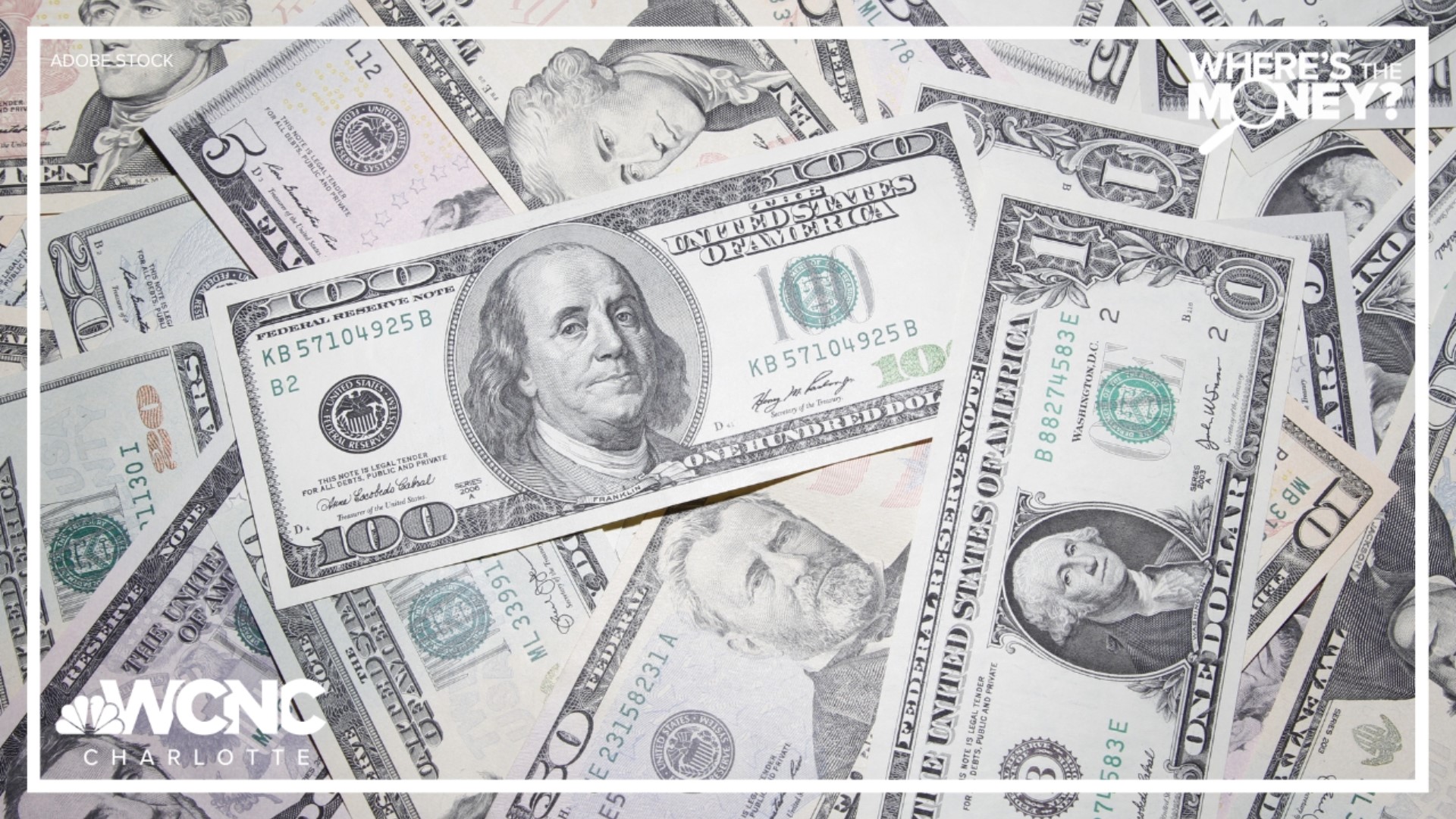CHARLOTTE, N.C. — If you're looking for a new way to save money, you may want to consider electronic bonds. Known as "I bonds," electronic bonds are a specific way to put away money and protect it from inflation.
These bonds are provided by the federal government, and because they protect consumers from inflation, it means you'll get paid an interest rate for keeping your money there, similar to a high-yield savings account.
Interest rates on I bonds will change, depending on the rate of inflation. If inflation goes up, so will your interest rate. This means that even if the price of groceries and other goods goes up, so does the amount of money you make on I bonds.
The current rate for I bonds is 5.27%, which includes a fixed rate of 1.30%. Consumers who buy I bonds earn interest monthly and that interest is then compounded. Every six months the bond's interest rate is applied to a new principal value, which is the sum of the prior principal and interest earned over the previous six months. I bonds will earn interest for up to 30 years or until you cash it.
WCNC Charlotte is always asking "where's the money?" If you need help, reach out to WCNC Charlotte by emailing money@wcnc.com.
The current interest rate isn't the highest rate offered but it's considerably high. According to industry experts at money.com, high-yield savings accounts have generally been in the 4% range.
How to purchase an electronic I bond
- Go to the U.S. Treasury's website and create an account.
- Once you have an account number, which you need to write down or commit to memory, you can buy a digital bond.
- These are long-term accounts. You can't take your money out until at least the first year except in certain emergencies.
- If you cash out an I bond within five years, you lost the last three months of interest.
- There are limits to how much you can spend on a bond, as well. Individuals are limited to $15,000 per purchase in a calendar year.
Contact Kia Murray at kmurray@wcnc.com and follow her on Facebook, X and Instagram.
WCNC Charlotte's Where's The Money series is all about leveling the playing in the Carolinas by helping others and breaking down barriers. WCNC Charlotte doesn't want our viewers to be taken advantage of, so we’re here to help. Watch previous stories where we ask the question “Where’s the Money” in the YouTube playlist below and subscribe to get updated when new videos are uploaded.

